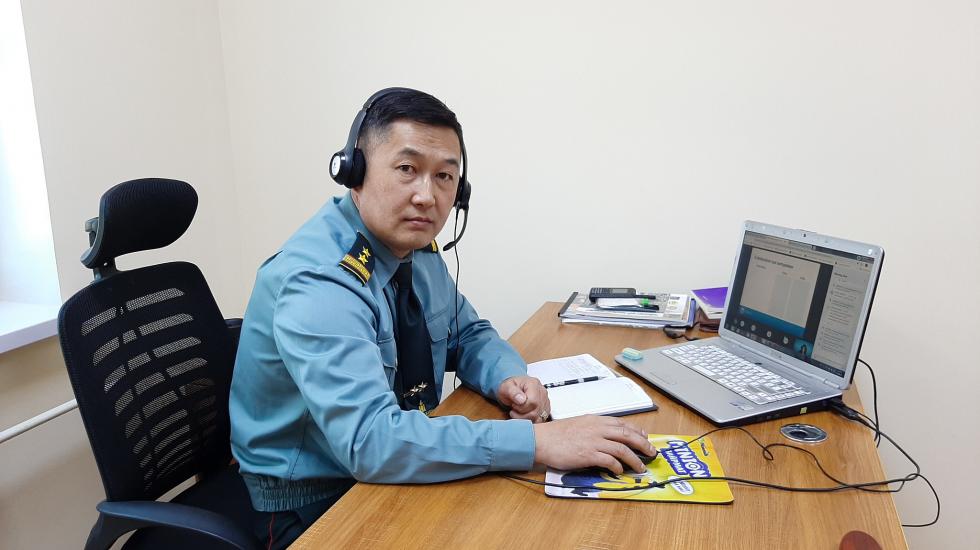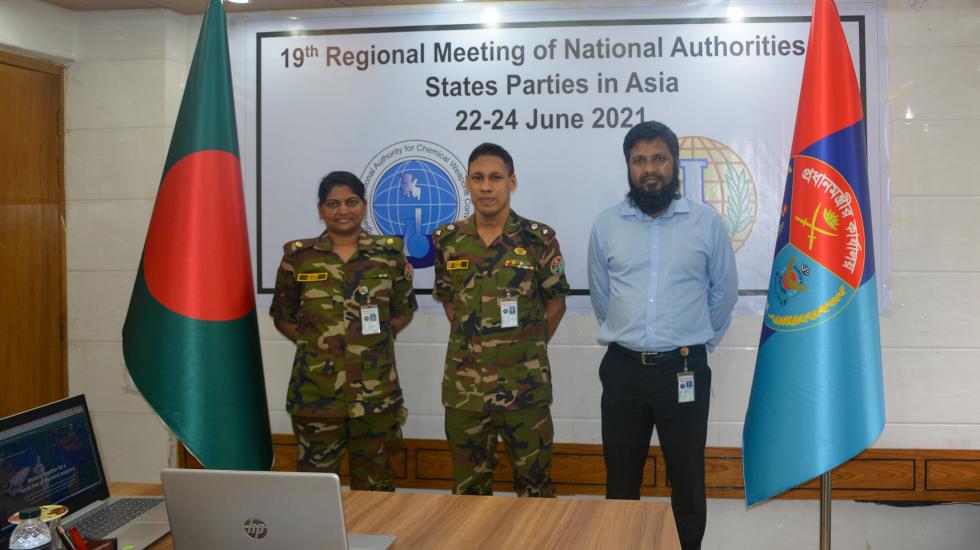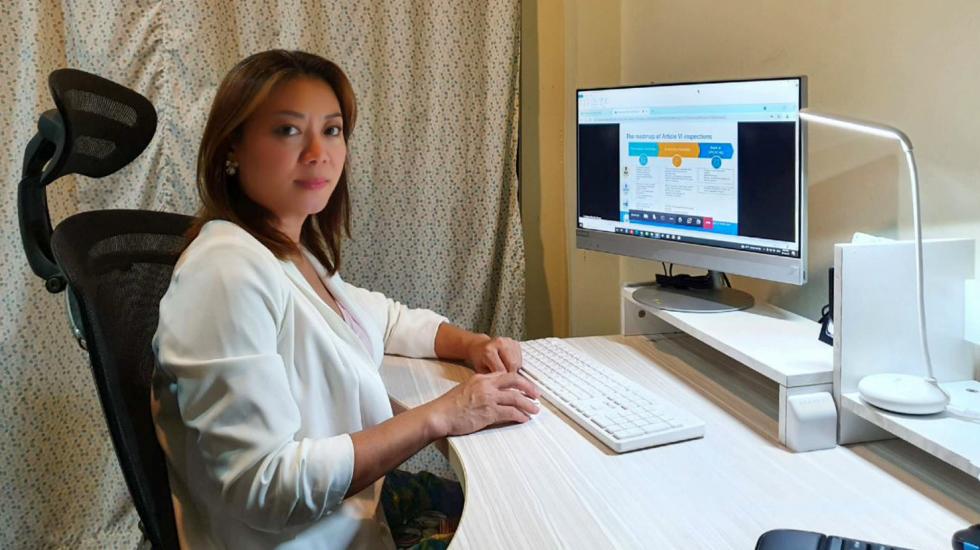Representatives of National Authorities from 30 Asian Member States of the Organisation for the Prohibition of Chemical Weapons (OPCW) gathered for their 19th regional meeting, held online, from 22 to 24 June. The attendees addressed topics of great importance to States Parties, from the national implementation of the Chemical Weapons Convention (CWC) to the status of the project to create a new OPCW Centre for Chemistry and Technology.
The OPCW's Director of the International Cooperation and Assistance Division, Ms Kayoko Gotoh, highlighted: "The regional meeting of National Authorities continues to be a key event for Member States to share experiences, enhance cooperation and discuss solutions for the most imminent challenges." Noting that the full and effective implementation of the Convention remains a substantial contribution to international peace and security, she stated: "It is essential that the States Parties that do not have comprehensive CWC implementing legislation engage with relevant stakeholders to move the process forward."
The representative from the Bangladesh National Authority, Lieutenant Colonel Abu Tareq Mohammad Rashed, noted: "Networking among States Parties and with the OPCW is important for the effective implementation of the Convention worldwide. This regional meeting allowed the Asian Member States to explore implementation challenges and share best practice. The Bangladesh National Authority also used this opportunity to interact with key OPCW contacts and receive feedback on new initiatives. Presentations by OPCW staff updated us on the latest developments in various critical topics, such as chemical safety and security management."
During the meeting, National Authorities shared national CWC implementation updates and discussed challenges and lessons learned. In particular, the presentations by the National Authorities of Bangladesh, Cambodia, India, and Malaysia focused on experiences in implementing the Convention under the restrictions imposed by the Covid-19 pandemic.
The OPCW Technical Secretariat updated the participants on capacity building support and tools available to National Authorities to assist them in discharging their obligations under the CWC, including international cooperation in the field of chemical activities not prohibited under the Convention, national implementation measures, and assistance and protection. The attendees were also briefed on the progress in the construction of the new Centre for Chemistry and Technology intended to enhance the Organisation's research, analysis, training, and capacity building activities.
The meeting was attended by 55 representatives of the following Member States: Afghanistan, Bahrain, Bangladesh, Bhutan, Cambodia, China, Fiji, India, Indonesia, Iran, Iraq, Japan, Lao People's Democratic Republic, Lebanon, Malaysia, Mongolia, Myanmar, Nepal, Oman, Pakistan, the State of Palestine, Philippines, Qatar, Republic of Korea, Saudi Arabia, Singapore, Sri Lanka, Thailand, Unites Arab Emirates, and Vietnam.



Background
As the implementing body for the Chemical Weapons Convention, the OPCW, with its 193 Member States, oversees the global endeavour to permanently eliminate chemical weapons. Since the Convention's entry into force in 1997, it is the most successful disarmament treaty eliminating an entire class of weapons of mass destruction.
Over 98% of all declared chemical weapon stockpiles have been destroyed under OPCW verification. For its extensive efforts in eliminating chemical weapons, the OPCW received the 2013 Nobel Peace Prize.






